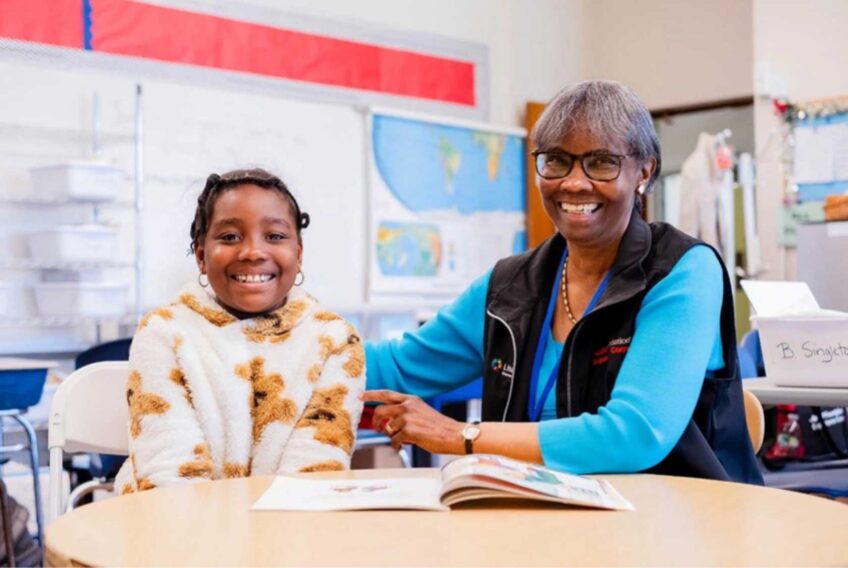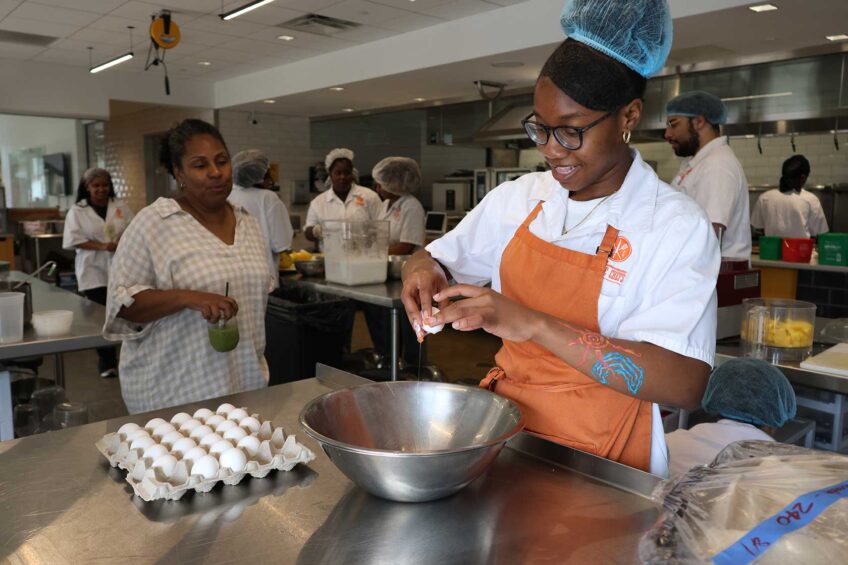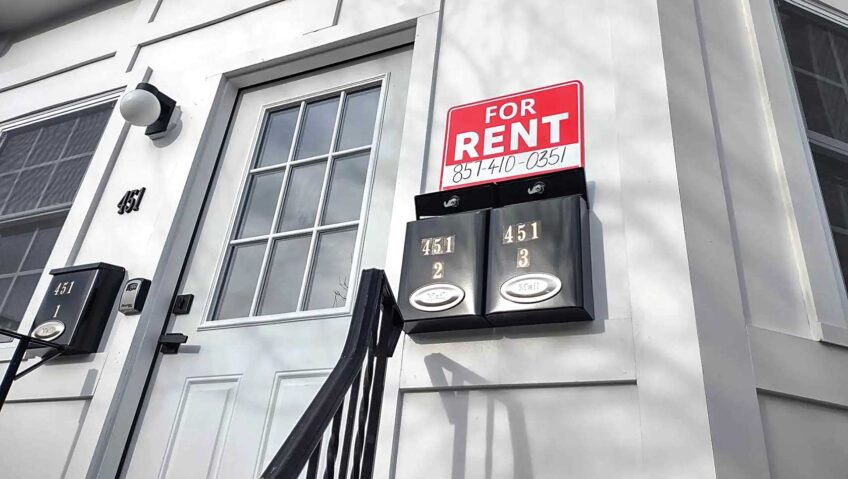Boston holds hearings on how to spend opioid settlement money
Mass and Cass crisis, pregnant women, children of addicted cited as priorities
Throughout August and September, the Boston Public Health Commission is holding hearings for residents to decide how to allocate settlement money from lawsuits against opioid manufacturers and distributors. The state is expected to receive $1 billion in settlements over the next 15 to 18 years, with Boston due to receive $22 million.
“It’s definitely an effort that we’re truly putting forth because we really do want to engage those people who’ve been personally impacted by this crisis,” said Bisola Ojikutu, the executive director of the Boston Public Health Commission.
Hearings are held either virtually or in person and the discussions are facilitated by a staff member from the Office of Recovery Services. The purpose of the hearings is to get a better sense of how to use these funds for those who have been most impacted, Ojikutu said. So far six hearings have taken place with a total of almost 130 people attending.
Opioids have long plagued Boston, but during the pandemic and the isolation it caused, opioid-related deaths and overdoses increased at alarming rates. From 2019 to 2022, Boston experienced a 36% increase in such deaths — more than twice the statewide increase of 16% over the same time period, according to state data.
Opioid-related overdose deaths have also disproportionately impacted Black and Latino people in Boston. In 2022, 30% of all opioid overdose deaths in Boston were among Black individuals and 21% were among Latino individuals, according to state data.
Additionally, opioid overdose deaths from 2021 to 2022 increased for Black individuals in Boston by 29%, and 9% for Latinos.
“One of the things that has been emphasized by the state and City Hall is that we certainly want to address disparities and shore up gaps in our own systems,” Ojikutu said. “It’s hard to speak specifically because we are still getting community input, but that will definitely be one of our goals to ensure and promote equity.”
She added that many people who attended the hearings said the money should be spent to address the crisis at the intersection of Massachusetts Avenue and Melnea Cass Boulevard, support children who lost parents to opioid addiction, create programs for pregnant women suffering from addiction and ensure there are diverse behavioral health providers.
“There’s a lot of opportunity for people to weigh in and to help us think strategically about different types of investments that we might make over time,” Ojikutu said.
Julie Burns is CEO and president of RIZE Massachusetts, a statewide nonprofit foundation focused on ending the overdose crisis in Massachusetts through research, grants and investments.
Burns said many of the root causes of the overdose crisis in Boston are related to the social determinants of health — the conditions in the environments where people are born, live, learn, work, play, worship and age that affect a wide range of health, functioning and quality-of-life outcomes and risks.
“Something that we should all be very concerned about and be laser-focused on are solutions that are culturally competent or culturally appropriate for different communities, because the one thing people need to know about addiction is that it’s definitely not one-size-fits-all,” she said.
By the end of September, the goal is to take into account the findings from these sessions as well as input from the mayor and city council and announce a few initial investments with the available funding.
“September is National Recovery Month and we think it’s important to acknowledge and celebrate it by saying we’re going to do some new things and enhance or invest in programs that we know are working,” Ojikutu said.
Hannah Page, the communications and operations coordinator for the Massachusetts Organization for Addiction Recovery, said the situation at the area known as Mass and Cass is only the tip of the iceberg.
“There’s a whole other sector of folks that are suffering, and all of them, whether they’re on Mass and Cass, at home or in a sober house, they all need and are entitled to the services and recovery support,” she said.
Page added that isolation during the pandemic only made the opioid crisis worse, as a lot of in-person recovery programs were put on hold.
“A lot of people say that the opposite of addiction is connection, and it’s really hard to make those connections and those meaningful relationships that can really help people on their recovery journey if you’re not meeting people in person,” Page said.
Burns said listening to community members who are impacted by this crisis is critical.
“These dollars represent lives lost, families broken up and communities devastated,” Burns said. “That’s very important to think about, how we can remediate some of the past harms and also prevent this from happening in the future.”
The next listening session will be held virtually on Sept. 11 from 5-6 p.m. along with the Massachusetts Organization for Addiction Recovery during their regular organizing meeting. On Sept. 13, the Fenway Community Development Corporation will hold a virtual session from 11 a.m. to 1 p.m. A session focused on BIPOC families will be held at St. John’s Church in Roxbury on Sept. 19 from 6-8 p.m. Anyone from the recovery community and organizations and individuals in recovery are invited to participate and should email overdoseprevention@bphc.org.






